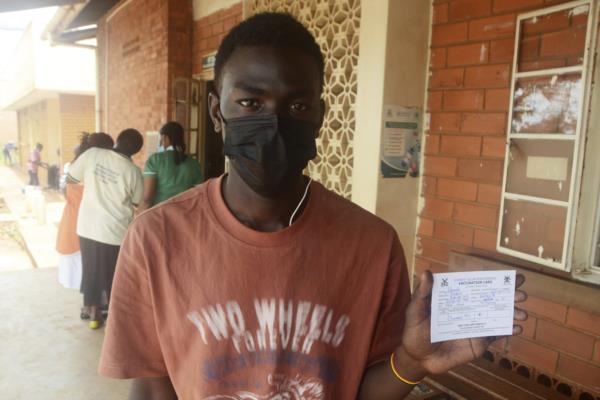
Uganda has recently launched a comprehensive yellow fever vaccination campaign aimed at protecting its population from the mosquito-borne disease that has posed a significant threat for years. The campaign, which targeted 14 million individuals, successfully vaccinated 12.2 million people by the end of April. This initiative comes as part of Uganda's efforts to combat yellow fever and ensure public health safety.
As a new international health regulation, Uganda now mandates that all travelers entering or leaving the country must possess a yellow fever vaccination card. This requirement is intended to encourage more individuals to receive the yellow fever shot, especially amidst concerns of vaccine hesitancy within the nation's healthcare system.
The free single-dose yellow fever vaccine has been made available to Ugandans aged 1 to 60 at various vaccination centers across the country, including schools, universities, hospitals, and local government units. Previously, individuals had to pay approximately $27 for the vaccine at private clinics.
Yellow fever, a viral disease transmitted through mosquito bites, can lead to symptoms such as fever, muscle pain, headache, and nausea. Uganda, classified as a high-risk country for yellow fever outbreaks, has reported recent cases in central districts like Buikwe and Buvuma.







Uganda's vaccination campaign aligns with a global strategy initiated by the World Health Organization (WHO) and partners in 2017 to eliminate yellow fever by 2026. The goal is to protect nearly one billion people in Africa and the Americas from the disease.
Despite the success of the campaign, some vaccine-hesitant individuals have raised concerns about the quality of the vaccines. In response, Ugandan officials have emphasized the importance of vaccines in saving lives and have conducted community sensitization sessions to address misconceptions.
Overall, Uganda's proactive approach to yellow fever prevention through mass vaccination campaigns reflects a commitment to public health and disease control. With ongoing efforts and global partnerships, the country aims to create a safer environment for its population and contribute to the global fight against yellow fever.






